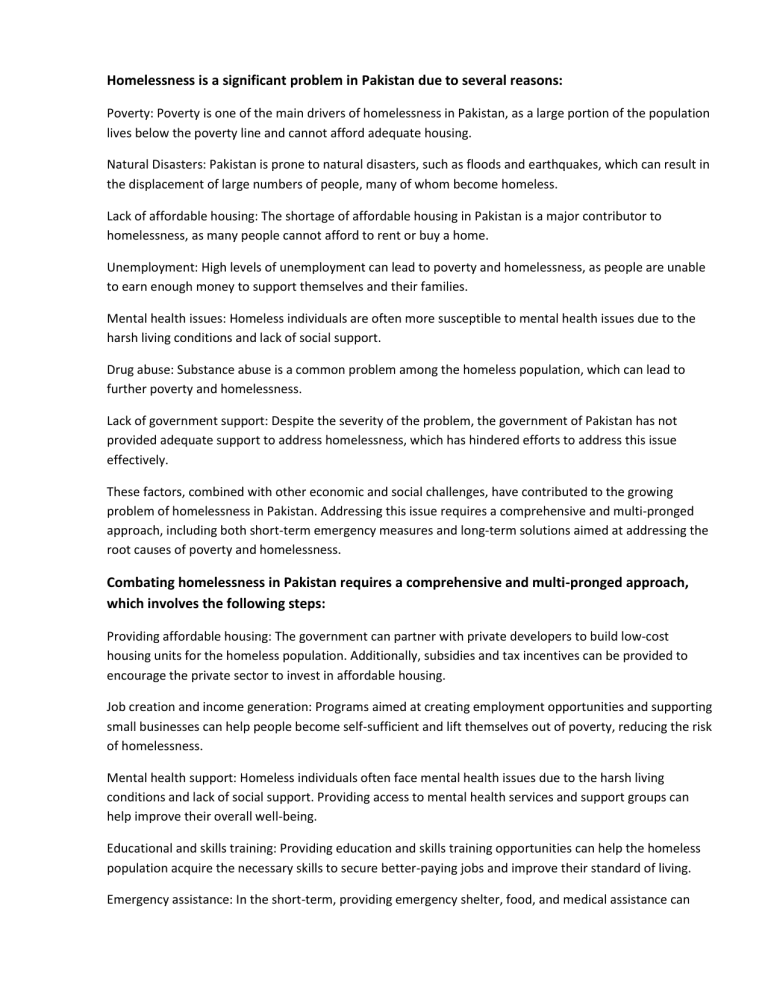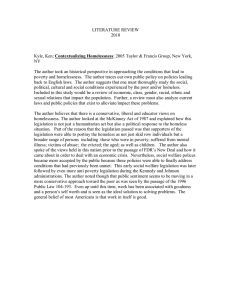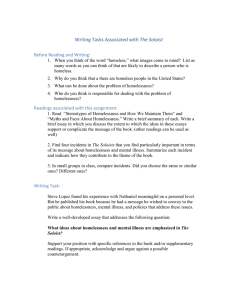
Homelessness is a significant problem in Pakistan due to several reasons: Poverty: Poverty is one of the main drivers of homelessness in Pakistan, as a large portion of the population lives below the poverty line and cannot afford adequate housing. Natural Disasters: Pakistan is prone to natural disasters, such as floods and earthquakes, which can result in the displacement of large numbers of people, many of whom become homeless. Lack of affordable housing: The shortage of affordable housing in Pakistan is a major contributor to homelessness, as many people cannot afford to rent or buy a home. Unemployment: High levels of unemployment can lead to poverty and homelessness, as people are unable to earn enough money to support themselves and their families. Mental health issues: Homeless individuals are often more susceptible to mental health issues due to the harsh living conditions and lack of social support. Drug abuse: Substance abuse is a common problem among the homeless population, which can lead to further poverty and homelessness. Lack of government support: Despite the severity of the problem, the government of Pakistan has not provided adequate support to address homelessness, which has hindered efforts to address this issue effectively. These factors, combined with other economic and social challenges, have contributed to the growing problem of homelessness in Pakistan. Addressing this issue requires a comprehensive and multi-pronged approach, including both short-term emergency measures and long-term solutions aimed at addressing the root causes of poverty and homelessness. Combating homelessness in Pakistan requires a comprehensive and multi-pronged approach, which involves the following steps: Providing affordable housing: The government can partner with private developers to build low-cost housing units for the homeless population. Additionally, subsidies and tax incentives can be provided to encourage the private sector to invest in affordable housing. Job creation and income generation: Programs aimed at creating employment opportunities and supporting small businesses can help people become self-sufficient and lift themselves out of poverty, reducing the risk of homelessness. Mental health support: Homeless individuals often face mental health issues due to the harsh living conditions and lack of social support. Providing access to mental health services and support groups can help improve their overall well-being. Educational and skills training: Providing education and skills training opportunities can help the homeless population acquire the necessary skills to secure better-paying jobs and improve their standard of living. Emergency assistance: In the short-term, providing emergency shelter, food, and medical assistance can help mitigate the effects of homelessness and provide immediate relief to those in need. Collaboration with local communities and non-profit organizations: The government can work with local communities and non-profit organizations to address the issue of homelessness in a more effective and sustainable manner. In conclusion, combating homelessness in Pakistan requires a combination of short-term emergency measures and long-term solutions aimed at addressing the root causes of poverty and homelessness.



